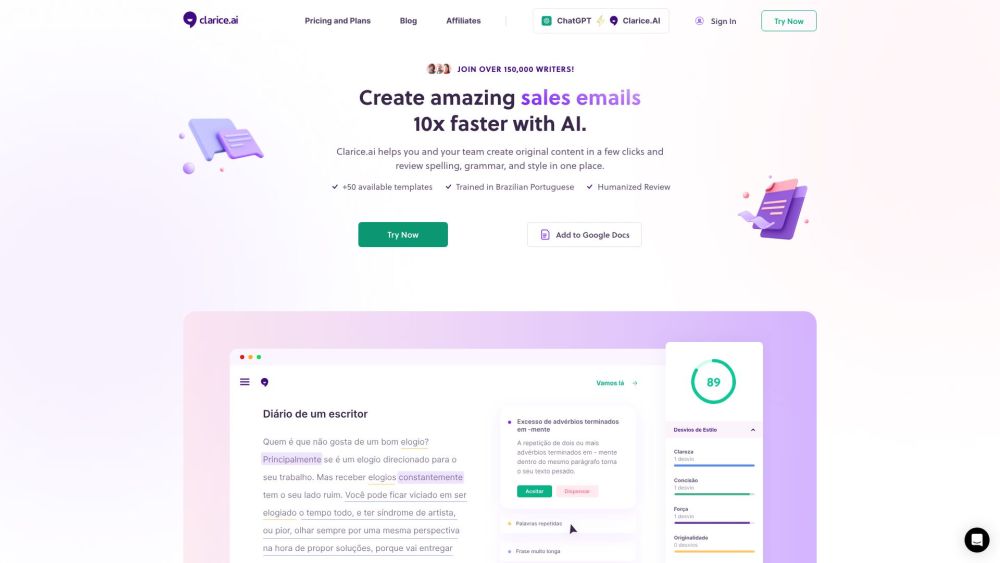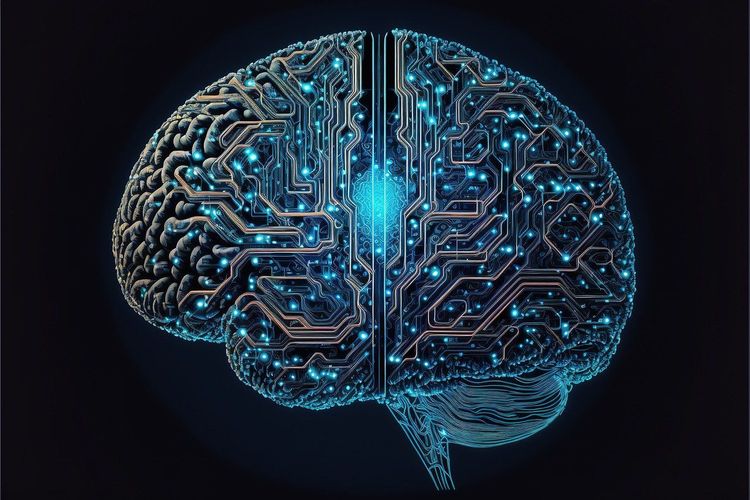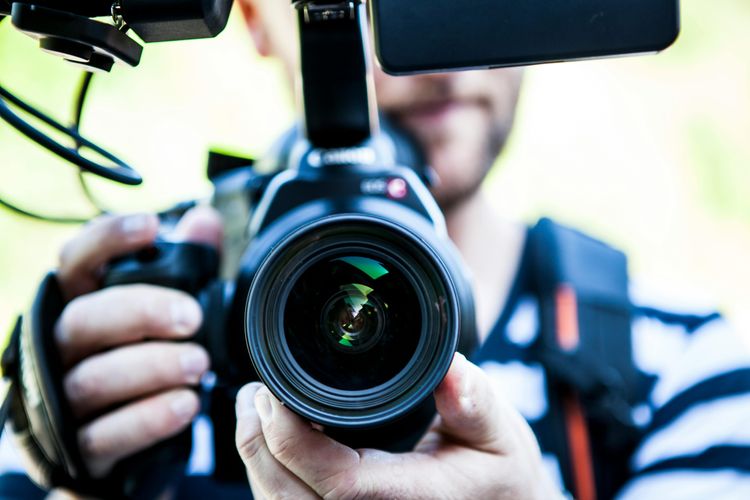OpenAI Launches AI Video Generator Sora for Public Use in the US
Most people like

Welcome to our AI-driven affiliate marketing platform, where innovation meets opportunity. Our cutting-edge technology empowers businesses and marketers to optimize their affiliate strategies, driving sales and boosting engagement. By harnessing the power of artificial intelligence, we analyze data in real-time, enabling targeted campaigns that convert. Whether you're a seasoned marketer or new to affiliate marketing, our platform offers the tools and insights you need to maximize your success in the digital marketplace. Discover how our AI-driven solutions can transform your affiliate marketing efforts today!
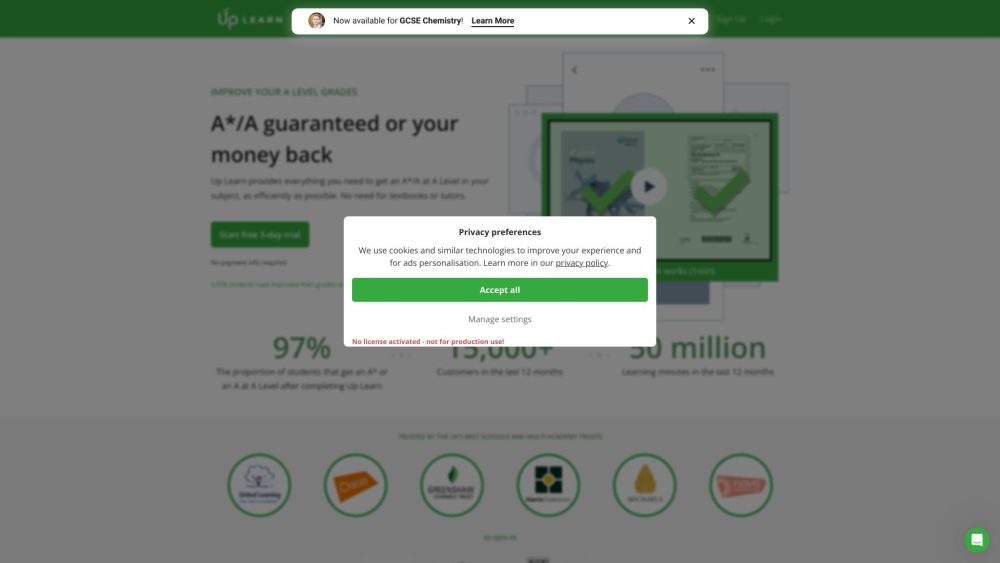
Unlocking the secrets to achieving A* results at A Level has never been more attainable, thanks to the powerful intersection of AI and cognitive science. These cutting-edge fields offer innovative strategies and tools that enhance learning and retention, paving the way for academic excellence. With their insights, students can tap into their full potential and excel in their studies.
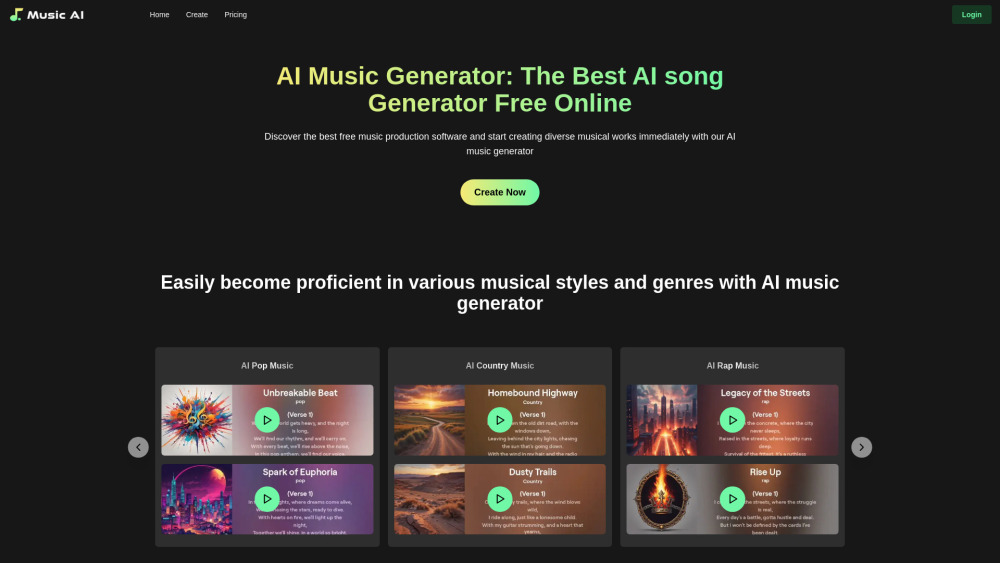
In today's digital landscape, the emergence of AI music creation platforms is revolutionizing how we compose and produce music. These innovative tools harness artificial intelligence to assist musicians, composers, and hobbyists in crafting original tracks effortlessly. Whether you’re seeking inspiration or looking to streamline your creative process, AI music platforms offer a unique blend of technology and creativity that enhances musical expression. Dive into this exciting realm and explore the endless possibilities that AI music generation can bring to your artistic journey.
Find AI tools in YBX

